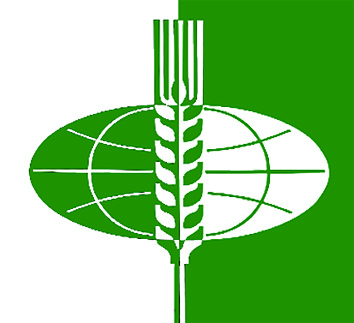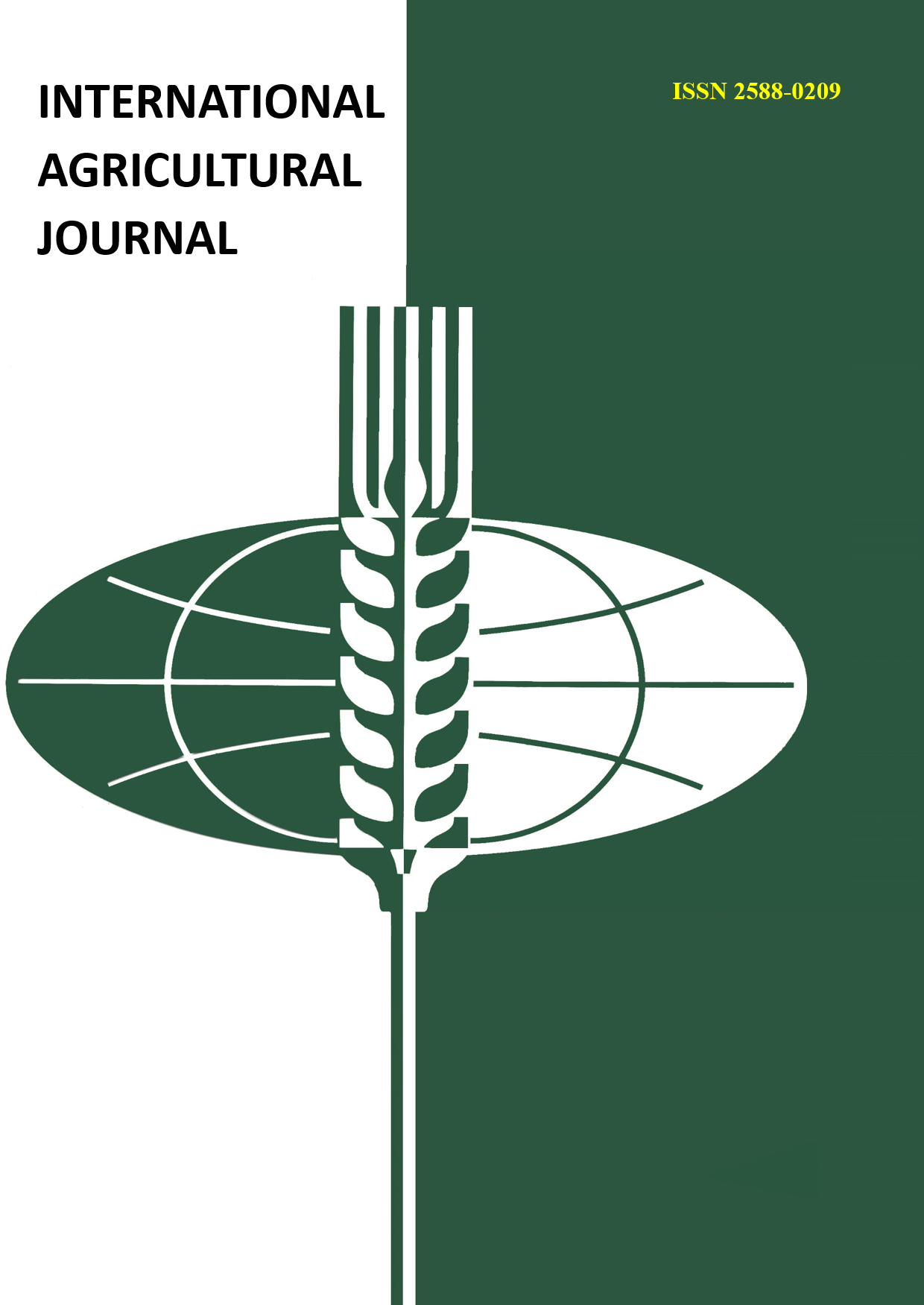The paper presents the results of a field study of the effect of the GEOT18 strain of Pseudomonas sp. bacteria, isolated by the staff of P.G. Demidov Yaroslavl State University on soft wheat of the Daria variety. The experiment was conducted in 2020 at the experimental field of the Vologda Research Center of RAS. The registered area of the plots was 3 m2; the experiment repetition was three times. The introduction of bacteria was carried out in the suspension form twice: pre-sowing soaking of seeds for 30 minutes and spraying of plants in the tillering stages. At the stages of tillering, sweeping and flowering, the authors took into account the morphometric parameters of plants, their raw and dry weight, calculated the average daily increments, and determined the content of photosynthetic pigments. By the time of seed maturation, the crop structure was taken into account and the economic productivity of wheat was evaluated. The work has found that the introduction of bacteria has a growth-stimulating effect on plants. For instance, in experimental plants, there is an increase of bushiness, the number and area of leaves, raw and dry masses, and average daily. Stimulation of growth and development of experimental wheat plants leads to an increase in grain productivity by 14.0 % which is due to an increase in productive bushiness and grain weight. The coefficient of economic use is higher in the plants of the experimental group.
Pseudomonas, Triticum aestivum, morfometricheskie parametry, zernovaya produktivnost', rost, hlorofill














